Search the Special Collections and Archives Portal
Search Results

Unidentified metal structure: photographic slide
Date
Archival Collection
Description
From the Sister Klaryta Antoszewska Photograph Collection (PH-00352). Possibly the cockpit of an aircraft.
Image

Unidentified mountains in the desert: photographic slide
Date
Archival Collection
Description
From the Sister Klaryta Antoszewska Photograph Collection (PH-00352).
Image

Military helicopter in the desert: photographic slide
Date
Archival Collection
Description
From the Sister Klaryta Antoszewska Photograph Collection (PH-00352).
Image
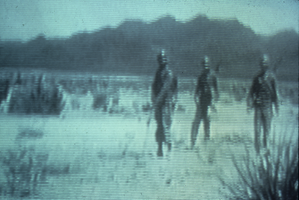
Unidentified soldiers in the desert: photographic slide
Date
Archival Collection
Description
From the Sister Klaryta Antoszewska Photograph Collection (PH-00352). Appear to be marching and surveying the landscape.
Image
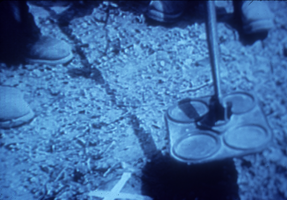
Appears to be some sort of military metal detector: photographic slide
Date
Archival Collection
Description
From the Sister Klaryta Antoszewska Photograph Collection (PH-00352).
Image
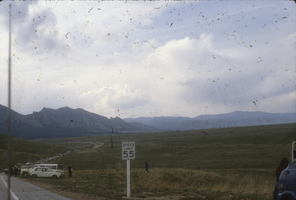
Protest at Rocky Flats Plant near Denver, Colorado: photographic slide
Date
Archival Collection
Description
From the Sister Klaryta Antoszewska Photograph Collection (PH-00352).
Image
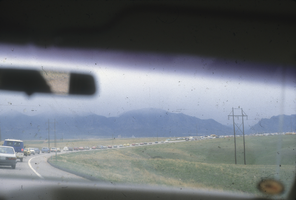
Protest at Rocky Flats Plant near Denver, Colorado: photographic slide
Date
Archival Collection
Description
From the Sister Klaryta Antoszewska Photograph Collection (PH-00352).
Image
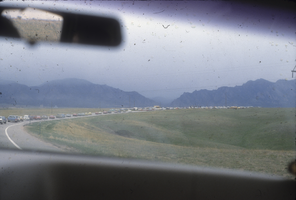
Protest at Rocky Flats Plant near Denver, Colorado: photographic slide
Date
Archival Collection
Description
From the Sister Klaryta Antoszewska Photograph Collection (PH-00352).
Image
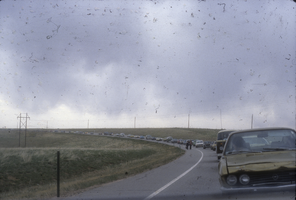
Protest at Rocky Flats Plant near Denver, Colorado: photographic slide
Date
Archival Collection
Description
From the Sister Klaryta Antoszewska Photograph Collection (PH-00352).
Image

Protest at Rocky Flats: photographic slide
Date
Archival Collection
Description
From the Sister Klaryta Antoszewska Photograph Collection (PH-00352). The sign reads, "NUKES ARE NOT [HEALTHY?] FOR CHILDREN AND [NOT LEGIBLE] LIVING THINGS".
Image
